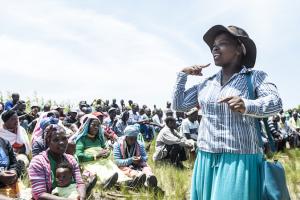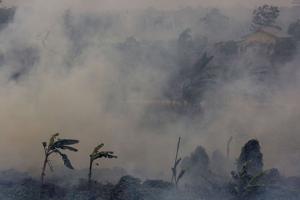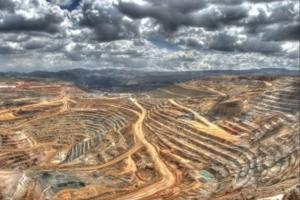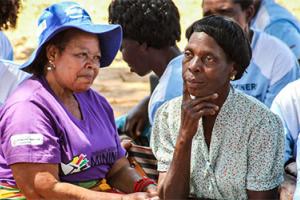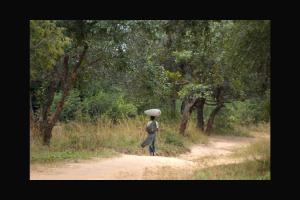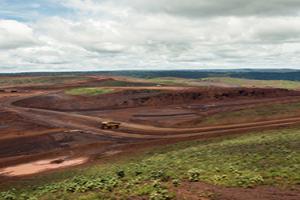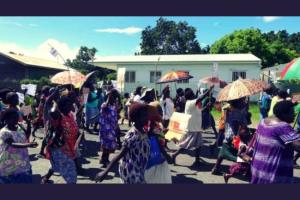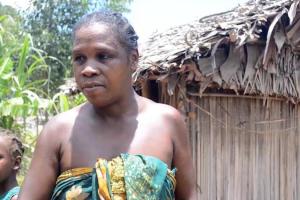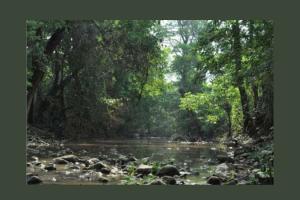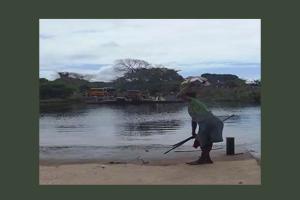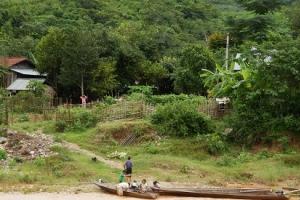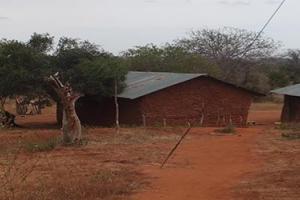Large-Scale Mining
Fueled by ever-increasing demand and the boom-and-bust cycles of global commodity markets, large-scale mining destroys forests and pollutes soil, air and water. Violent conflicts, sexual exploitation, criminalization and displacement of communities living in forests destroyed for mining, are examples of social impacts that are inherently linked with the mining industry.
The Southern African Peoples Permanent Tribunal on Transnational Corporations has been an important tool for communities to share their struggles as well as to challenge the status quo by rising up to say NO to corporate power, impunity and a destructive development agenda. (Available in Swahili).
Despite that most forest fires in Indonesia started within expanding oil palm plantation concession areas, companies are not being persecuted. (Available in Indonesian).
The extractivist paradigm in Southern Africa threatens the lives and livelihoods of peasant communities, in particular women and girls: From the Tete Province in Mozambique, where women confront water scarcity and pollution to Zimbabwe’s Marange community, where militarised and often sexualised violence haunts women’s daily lives.
Zambia’s peaceful context and strategic geographical location, combined with a desperate hunger for foreign direct investment, positions the country at the frontline of the global wave of resources grabbing, the crisis of global capital and the capitalisation of climate change
